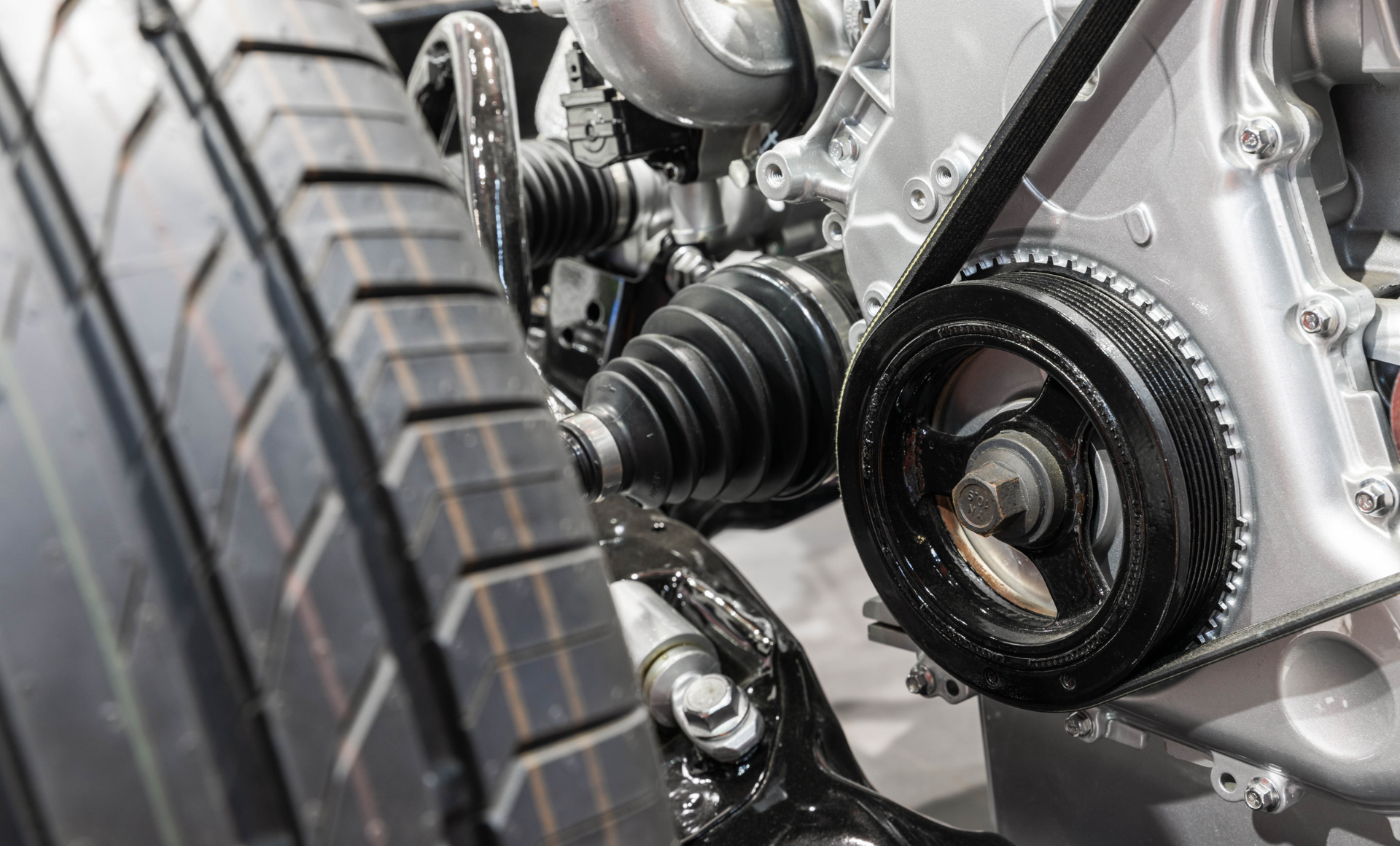Protect Small Equipment

For businesses with commercial small equipment, their financial exposures center on a couple of things - the risk of equipment problems using ethanol fuels, and their ability to maintain the quality of any stored fuels they might keep for this type of use.
The big problems arise from the fact that while vehicles can run on 10-15% ethanol-gasoline blends without a problem, small engine equipment is still susceptible to materials damage over time from the fuel, due to the interaction of the ethanol with polymer components.
And then, on the storage side, stored ethanol-blend gasolines also have much shorter shelf lives than gasolines from the past. They differ a little in that the biggest issues they see in storage are microbial contamination and phase separation.
Fortunately, Bell Performance offers state-of-the-art chemistries to help with any of these small engine fuel issues. And Bell Fuel & Tank Services offers the expertise of the Hybrid Approach to solve the problem.
Mix-I-Go Small Engine Formula from Bell Performance helps businesses protect their gas-power small equipment by solving the common problems that ethanol fuels cause for commercial small engine equipment. And Bell Performance offers commercial-grade biocide Bellicide to eliminate microbial contamination in these stored small engine fuels.
Commercial fuel users of all types have relied on Bell Performance to get the most from their fuel dollars for over 100 years. Our commercial-grade formulations, combined with the expertise of our Bell Fuel & Tank Services arm, see to it that you have the problem-solving tools and expertise you need to keep your essential small engine equipment doing what you need it to do.


